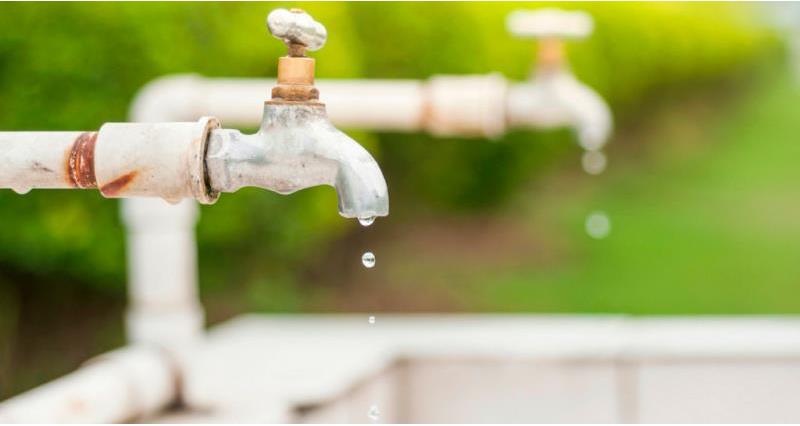The National Infrastructure Commission (NIC) has issued a report that demands a twin track approach to delivering an extra 4,000 Megalitres (Ml) or 900 million gallons of water per day. In making a series of recommendations to government, the report says that failure to act will leave homes and businesses to face supply disruption during times of drought.
- The water regulator Ofwat to ensure that water companies deliver a minimum 1,300 Ml/day by the 2030s through the creation of a national water network combined with additional supply infrastructure.
- Defra to set an objective for the water industry to halve water pipe leakage by 2050.
- Defra to enable companies to implement compulsory metering everywhere and not just in water-stressed areas, as is currently the case, by the 2030s through a systematic roll out of smart meters and a concerted campaign to improve water efficiency.
You can read the NIC report HERE
Sir John Armitt, chair of the Commission, said that the “cost of responding to a severe drought in the UK would likely run into tens of billions of pounds.”
“The case for improving our long-term resilience to drought is therefore compelling”, he said.
As the only organisation in the food and farming sector to contribute to the drafting of the report, the NFU is particularly pleased that it recognises the importance of water to agricultural and horticultural production, and that it acknowledges the pressure placed on ‘water for food’ by the dominant public water supply sector.
The report urges water companies to work better with each other and wider stakeholders such as farmers to plan for the long term, and recognises that its recommendations above must be implemented to protect homes and businesses and also to “improve the situation for the environment and lessen risks for other users of water, such as agriculture”.
The report says that investment in public supply infrastructure since privatisation has improved assets but not resulted in the building of new assets. Leakage reductions have stalled, and daily per capita consumption has barely fallen in two decades.
Conventional household metering can reduce demand by around 15% and smart meters (which provide more frequent readings) are expected to increase this to about 17% whilst helping to detect leaks.
Members can read the NFU submission to the draft report HERE
